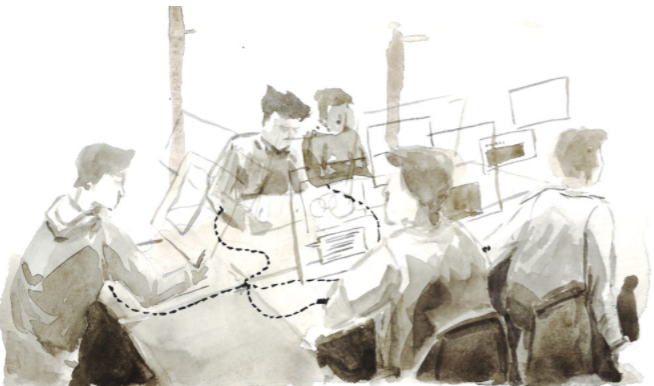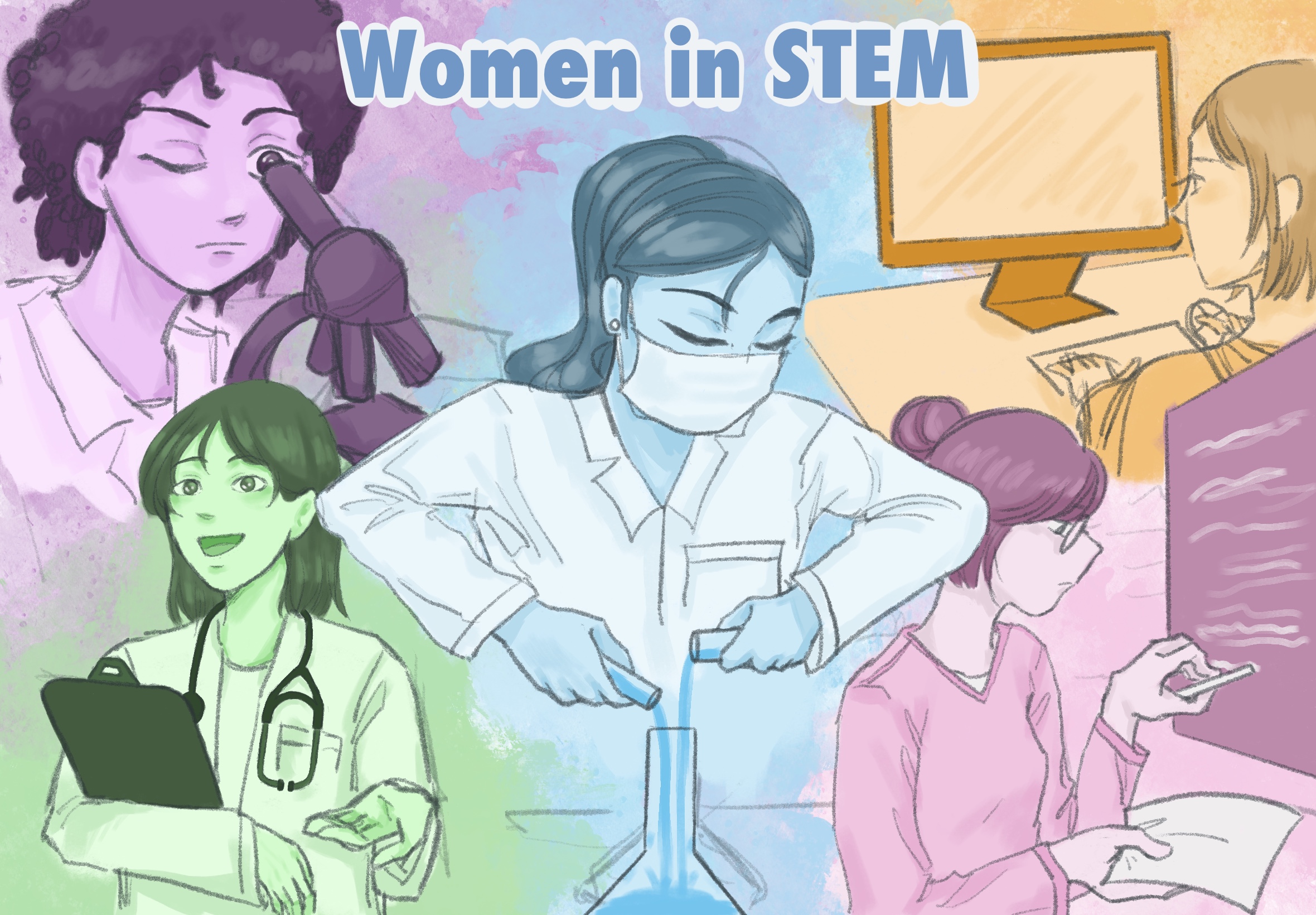
By Benjamin Minch, Staff Writer
Is modern schooling, especially primary and secondary education, doing something wrong? Schools didn’t always segregate students by age and subject matter, but now we’re driven by bells into classrooms covering discrete subjects. Students are expected to progress at a standardized pace with little regard for their differences in strengths and interests.
Despite living in a country that was built on freedom of speech and individualism, schools barely let your thoughts deviate from the textbook, turning our citizens into near-robots.
When was the last time, in a class other than history, you had an honest debate over conflicting ideologies or theories? Most teachers don’t invest time in this because it is not what you need to know to pass the test, a task that seems to be the end goal in most classes. Advanced Placement (AP) classes are solely designed around passing a test. Why would teachers bother including debates in their curriculum if it won’t appear on the test?
In the sciences, most teachers will teach Darwinian evolution as fact, when in reality, it is one of the most hotly contested topics in all of science. This conflict is summarized in short by Dr. Chen, Professor of Paleontology at the Chinese Academy of Sciences.
“In China we can criticize Darwin, but not the government; in America, you can criticize the government, but not Darwin,” said Chen.
Chen and many other international scientists agree that Darwinism doesn’t have all the answers to life and is very flawed. At a Royal Society meeting last year, many prominent evolutionary biologists admitted that Neo-Darwinism needed to be reworked all together through a consensus that random mutations don’t have enough creative capacity to make new life. Schools, however, gloss over this information and continue to teach that this form of evolution by random mutations is how all life on earth was made.
English classes also fall under this trap of constricting our thinking. Making us read books followed by extensive packets filled with questions along with exams that test us on highly specific parts of the book is an example of this constriction. They are trying to make us into “professional book analysts” when in reality, it ends up being busy work and memorization.
Robots can already analyze books for logos, ethos and pathos. A simple Google search will produce these results. Instead, what English classes should be teaching us is how to develop our own thoughts about the books we read and create our own ideas and connections, rather than expecting a textbook answer.
Unfortunately, many university students are subjected to a similar tyranny. In the book Excellent Sheep by William Deresiewicz, he states that “professors don’t care because they have no reason to care [and] just want to do their research, and teach you their research.”
Most, if not all, of the most esteemed scientists, mathematicians and activists in the past have challenged old ideas and status quo. Rather than simply teach us about them, I believe that our school system should teach us how to become like them.





